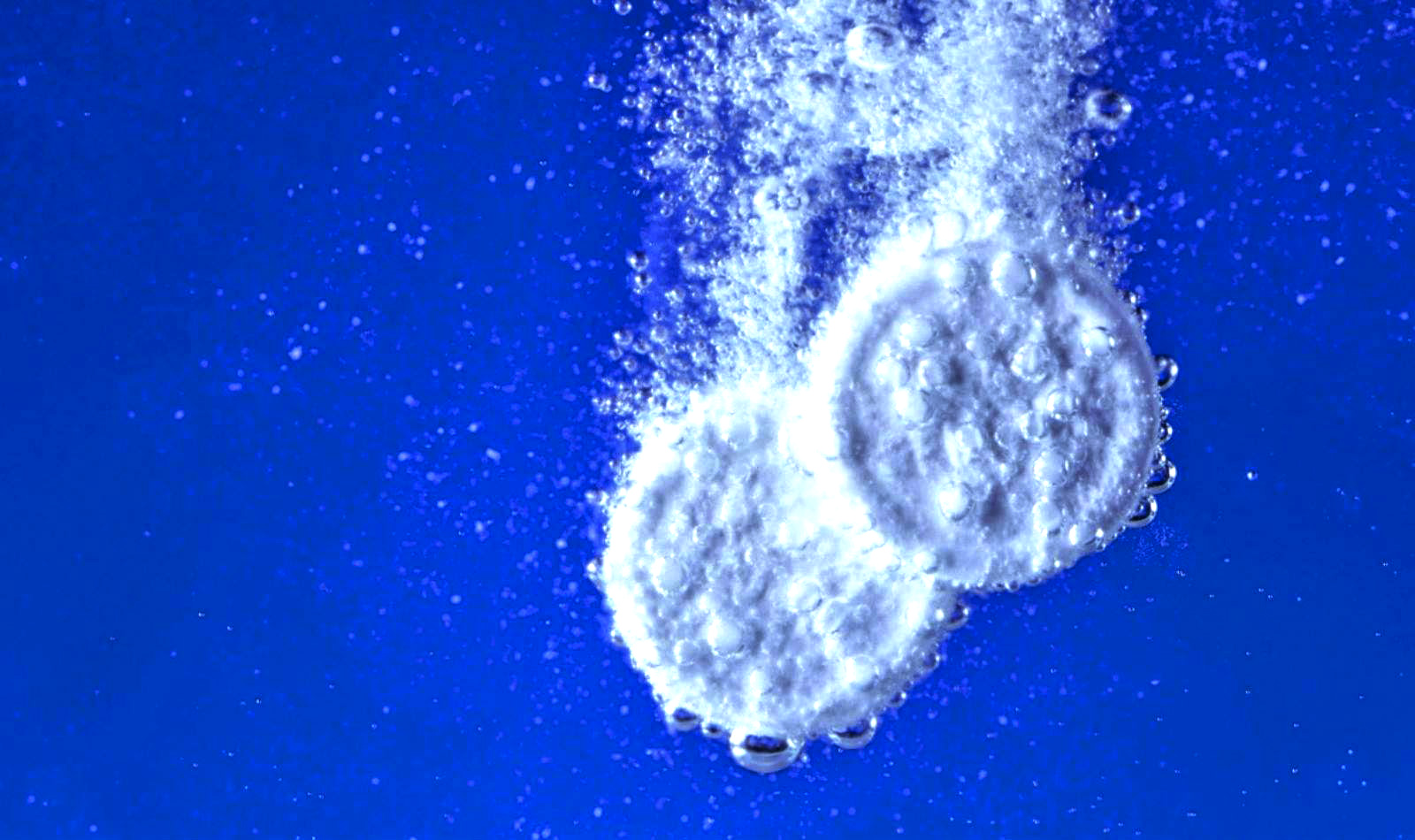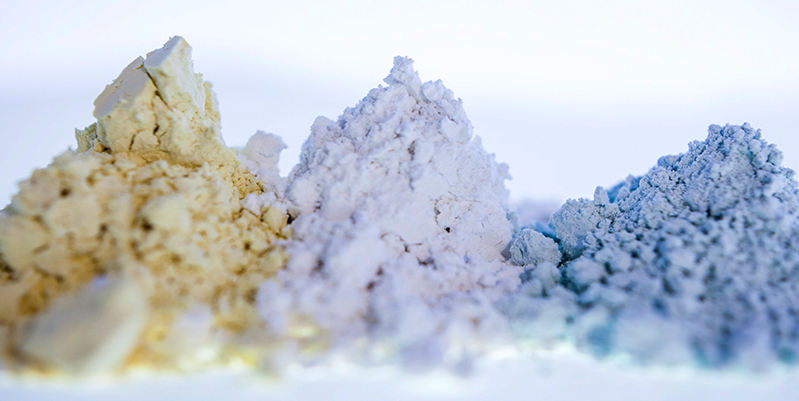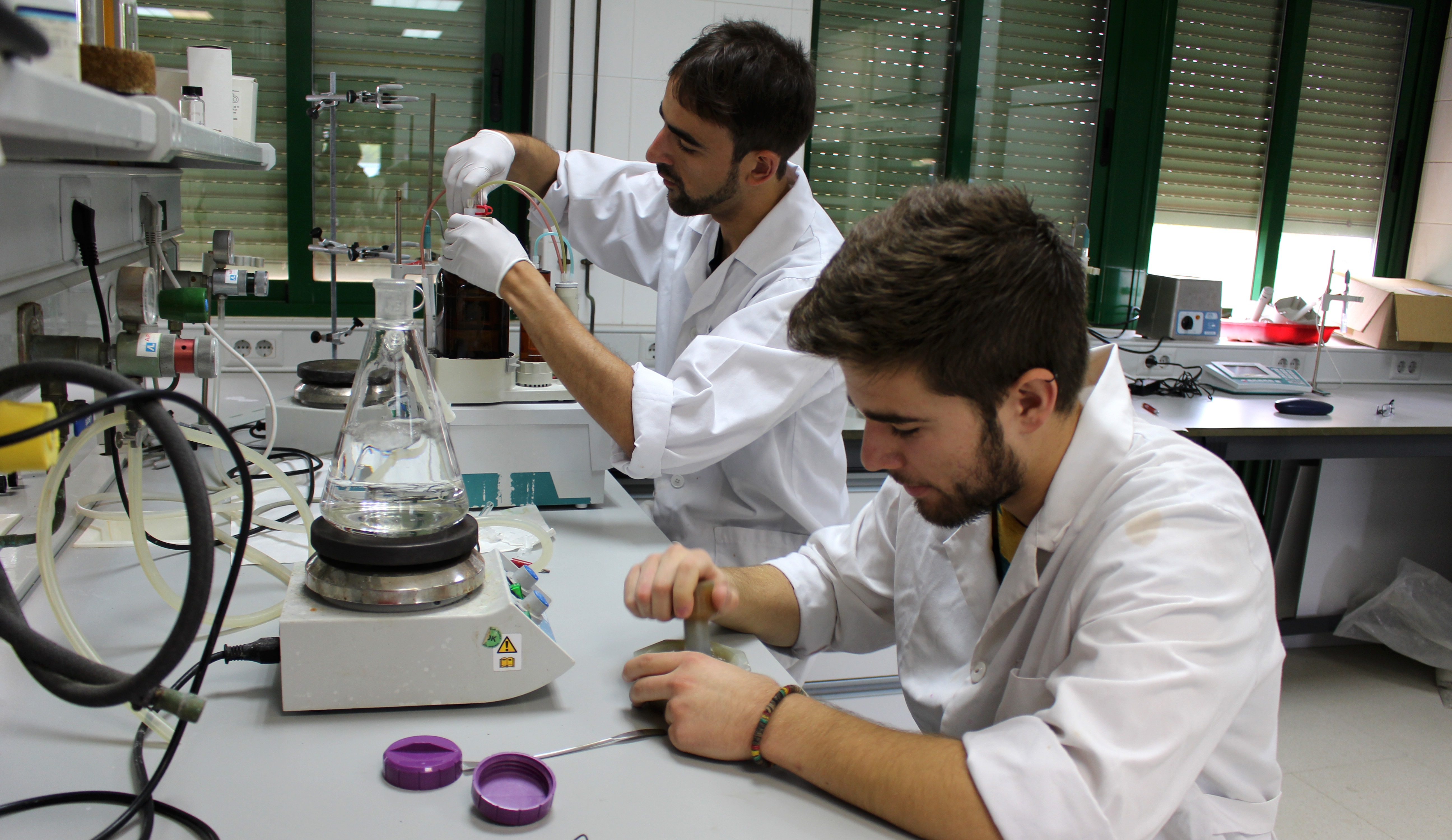The antacid is a substance, which acts against heartburn.
The best known antacids are sodium bicarbonate (NaHCO3), calcium carbonate (CaCO3) and magnesium hydroxide (Mg (OH) 2) or aluminum (Al (OH) 3). Other antacids are proton pump inhibitors: they significantly reduce the production of acid in the stomach. They are weak bases (alkaline substances). Block the enzyme ATPase, also known as proton pump, which is directly responsible for acid secretion. These antacids are used to reduce reflux symptoms and to relieve digestive burn caused by ulcers in the stomach and duodenum.
Antacids act by neutralizing the acid in the stomach and make the stomach content less corrosive.
Magnesium carbonate is a chemical compound that can be presented as powders or tablets. … In the case of magnesium carbonate, it is a white chemical compound that has many health benefits. Its main uses are as a laxative, antacid and as a remedy to combat constipation.
Magnesium function Involved in the transmission of nerve impulse and muscle relaxation. Necessary for the maintenance of the acid-base balance. Involved in the actions of parathormone (hormone involved in the regulation of calcium and phosphorus metabolism), and bone vitamin D.
Consume doses at regular intervals and with a frequency no higher than indicated.
Talk to your pediatrician to learn about the use of this medication in children. Although this medication has been prescribed to children as young as 12 years of age for selective conditions, precautions do apply.
Learn more about health in Pharmamedic.







